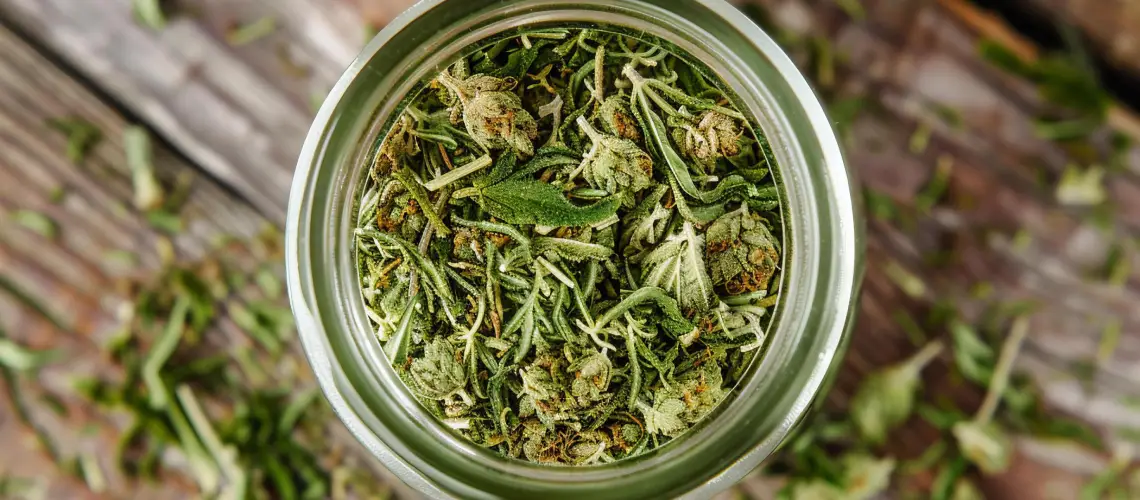For many Australians, the challenges of modern life—long hours, economic pressures, digital fatigue—have led to increasing levels of anxiety, stress, and emotional burnout. While traditional treatments like antidepressants or talk therapy remain valuable, more people are exploring cannabis as a natural option for mental health support.
As the stigma fades and professional understanding grows, cannabis is emerging as a powerful tool for managing mental health—when accessed through proper medical channels and with professional oversight.
Understanding the Mental Health Landscape in Australia
Mental health has become one of the most pressing public health issues in the country. According to Beyond Blue and AIHW data:
- Nearly 1 in 5 Australians experience symptoms of anxiety in any given year
- Over 3 million people are living with depression or mood disorders
- Youth and young adults (18–34) are reporting record levels of stress and panic
- The cost of private therapy or psychiatric care can be a barrier to consistent support
For some, standard pharmaceuticals can lead to side effects like emotional blunting, weight gain, low libido, or dependence. That’s why natural and more tolerable alternatives are gaining attention—and cannabis is part of that conversation.
How Cannabis Interacts with the Brain
Cannabis works through the endocannabinoid system (ECS), a vital regulatory network in the brain and body responsible for:
- Mood regulation
- Sleep cycles
- Stress response
- Emotional processing
- Inflammation and pain sensitivity
Two of the most studied cannabinoids are:
- CBD (Cannabidiol): Known for calming effects, reducing overactive stress responses, and supporting emotional balance—without causing a ‘high.’
- THC (Tetrahydrocannabinol): May help lift low mood, improve sleep, and reduce intrusive thoughts, though it must be used with care and correct dosing
Common Mental Health Conditions Supported by Cannabis
Cannabis is not a cure, but patients under medical supervision report positive outcomes when it’s part of a broader care plan. Some of the most common concerns include:
Generalised Anxiety Disorder (GAD)
Cannabis—particularly high-CBD strains—can help slow racing thoughts, reduce tension, and make daily life feel more manageable.
Sleep Disturbances
For those with insomnia tied to stress or trauma, cannabis can support deeper, more restful sleep without harsh sedatives.
Depression and Low Mood
Low-dose, THC-balanced formulations may boost dopamine release and improve mood regulation, especially in combination with physical activity and talk therapy.
PTSD and Trauma Recovery
Medical cannabis is increasingly being studied in trauma-informed care, where it may reduce nightmares, anxiety, and emotional detachment.
Burnout and Stress-Related Fatigue
Chronic stress takes a toll on energy and emotional stability. Cannabis may help restore equilibrium to the nervous system when used consistently under a doctor’s care.
Accessing Cannabis for Mental Health in Australia
Cannabis can only be legally accessed through a prescription from an AHPRA-registered doctor. The process typically includes:
- A screening consultation to assess your symptoms, history, and goals
- Discussion of risks, benefits, and treatment options
- A personalised treatment plan involving the right formulation and dosage
- Ongoing support to monitor results and adjust as needed
This approach ensures cannabis is used safely, ethically, and in ways that empower—not numb—the individual.
Types of Cannabis Products Prescribed
Doctors may recommend different formats based on your symptoms, experience, and comfort level:
- CBD oils and tinctures for daily mood regulation
- Capsules for discreet, easy dosing
- Inhaled vapour (flower) for fast relief during panic episodes
- Balanced blends with low THC for emotional fatigue or motivation
- Topical creams in rare cases for tension headaches or stress-related pain
Each product is lab-tested, regulated, and prescribed for medical purposes only—unlike recreational or unregulated cannabis.
Benefits Patients Report When Using Cannabis
While outcomes vary, patients working with doctors commonly report:
- Feeling calmer during the day
- Sleeping more consistently at night
- Thinking more clearly under stress
- Feeling emotionally present without medication fog
- Needing fewer pharmaceuticals over time
- Feeling less ashamed or “broken” in their mental health journey
Cannabis can become a tool—not a crutch—when used responsibly and intentionally.
Concerns and Considerations
It’s important to acknowledge that cannabis is not suitable for everyone. Some individuals may experience:
- Paranoia or increased anxiety with high-THC products
- Temporary changes in focus or memory
- Interaction risks with antidepressants or anti-anxiety meds
That’s why doctor supervision is essential—to ensure correct usage, track progress, and prevent side effects or misuse.
The Cultural Shift Toward Natural Support
Australia’s perception of cannabis has evolved dramatically over the past decade. What was once criminalised is now medically recognised—thanks to a wave of research, patient advocacy, and real-world results.
Mental health is deeply personal, and for many, cannabis offers something that traditional systems couldn’t:
- A sense of agency
- Relief without sedation
- Alignment with natural values
- The ability to feel again—not just function
Final Thoughts: Cannabis as a Bridge to Emotional Clarity
Mental health treatment should never be one-size-fits-all. Cannabis offers a customisable, gentle-on-the-body option that resonates with Australians seeking a more natural and grounded approach.
Whether you’re managing anxiety, stress, or emotional exhaustion, cannabis may be part of a broader path toward clarity, calm, and connection—with the right support.
